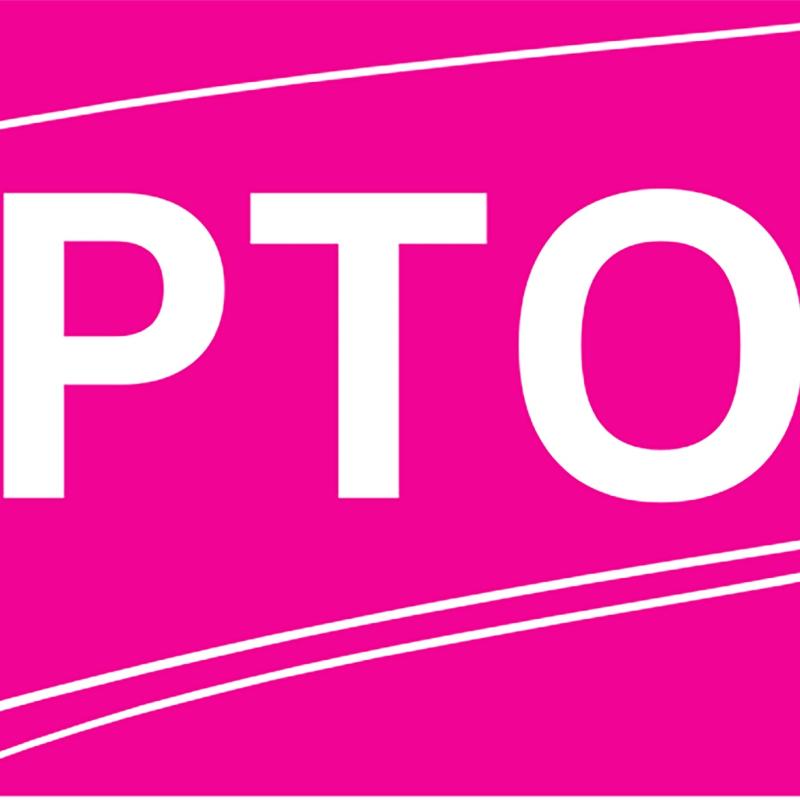Blog
Blog - Where you can find Hot Topics about news, press releases, seek out articles black-owned businesses to support, and absorb valuable life lessons from successful black entrepreneurs. Remain informed and empowered with our commitment to black news, celebrating black entrepreneurship, and fostering community development.
How Project 2025 Harms Black-Owned Businesses
This election year, Black business owners and their supporters should work tirelessly to elect leaders who strongly and unequivocally oppose Project 2025. Developed by The Heritage Foundation, a conservative think tank operated by many of Trump's current and former political allies, Project 2025 aims to reshape the federal bureaucracy to align with extremist conservative values. Its proposals include dismantling the Department of Education, cutting Medicaid, and reversing policies on gender-affirming care. Critics of Project 2025 have expressed significant concerns about its potential impact on American democracy and governance. However, with its proposed conservative policy changes, the plan would also harm Black-owned businesses in several ways:
1. Regulatory Changes and Funding Cuts
Reduced Support for Minority Business Programs: The project proposes significant reductions in federal spending and a shift towards deregulation. This could include cuts to programs that provide financial assistance and support to minority-owned businesses, which rely on such programs for funding and growth opportunities.
Impact on Small Business Administration (SBA) Initiatives: The SBA plays a crucial role in supporting minority-owned businesses through loans, grants, and advisory services. Cuts to the SBA budget or restructuring could disproportionately affect Black-owned businesses that benefit from these programs.
2. Economic Inequality and Access to Capital
Increased Economic Inequality: Project 2025’s economic policies, such as tax cuts for the wealthy and reductions in social welfare programs, could widen the economic gap. Black-owned businesses, which often operate with less capital and narrower profit margins, might find it harder to compete and grow in an increasingly unequal economic environment.
Access to Capital: Deregulation in the financial sector could lead to less oversight and fewer protections for small business loans. This might result in discriminatory lending practices, making it harder for Black entrepreneurs to secure the necessary capital for their businesses.
3. Healthcare and Social Services
Healthcare Cuts: Proposals to cut Medicaid and other healthcare programs could have a direct impact on Black communities, who disproportionately benefit from these services. Healthier communities contribute to a more robust local economy, and cuts in healthcare could indirectly harm Black-owned businesses by reducing the overall economic vitality of their customer base.
Reduction in Social Services: Reductions in social services and welfare programs could increase poverty levels within Black communities, decreasing the disposable income available to spend at Black-owned businesses. This could result in lower sales and profitability for these businesses.
4. Education and Workforce Development
Cuts to Education: Project 2025 includes plans to dismantle the Department of Education, which could lead to decreased funding for public schools and educational programs that benefit Black students. A less educated workforce could harm Black-owned businesses by reducing the pool of skilled employees and increasing the cost of training.
Workforce Development Programs: Reductions in funding for job training and workforce development programs could limit opportunities for skill acquisition among Black workers, thereby affecting Black-owned businesses that rely on a skilled workforce to operate effectively.
5. Immigration Policies
Restrictive Immigration Policies: Harsh immigration policies proposed by Project 2025 could reduce the labor pool available to Black-owned businesses, particularly in industries that rely on immigrant labor. This could increase labor costs and reduce the availability of workers.
Conclusion
In conclusion. while the exact impact would depend on the specific policies implemented and how they are enforced, Project 2025’s focus on deregulation, budget cuts, and conservative social policies presents multiple potential risks for Black-owned businesses. These risks include reduced access to capital, diminished support from federal programs, increased economic inequality, and a less skilled workforce.
By understanding these potential impacts, Black-owned businesses and their supporters can better advocate for leaders and policies that promote equitable economic growth and support minority entrepreneurship.
You can learn more about the 1000-page conservative coalition’s Project 2025 plan by reading “The Facts About Project 2025: The Pro-Trump Proposal To 'Reshape America' report” on Yahoo News and “What is Project 2025? A look inside the conservative policy proposal making waves” on AOL.
Articles that may be related:
Racial Harmony Is Not Our Burden To Carry
There Is No Such Thing As Black Spending Power
That's Why I Don't Support Black Owned Businesses
How Everyone Makes Money off the Black Men (Except for Him)
SBO Facebook SBO X SBO Instagram SBO LinkedIn SBO YouTube SBO Pinterest SBO TikTok 
Advertise on SBO
Add your business to SBO
Make sure to add your business to SBO
Show your support by sharing this article.
Make Sure To Follow SBO




